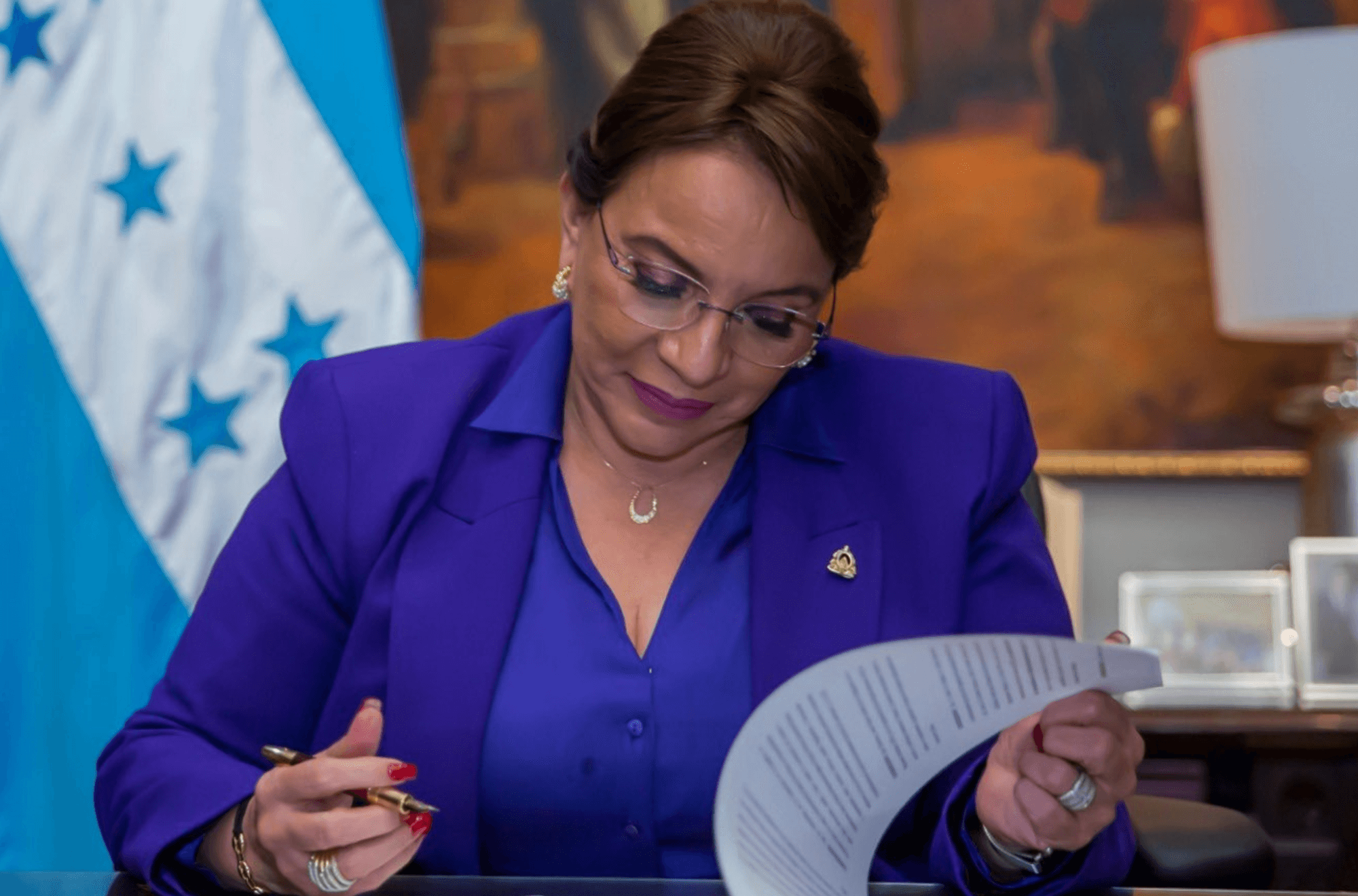
On 8 March, Honduran President Xiomara Castro signed an executive order ending a ban of more than 10 years on the use and sale of emergency contraceptive (EC) pills, fulfilling a campaign promise long-awaited by feminist groups. Castro is the country’s first woman president. She took office last year after running on the promise of rolling back the country’s restrictive reproductive rights policies.
The new policy has already been published in the Gaceta (Hondura’s official journal) Num. 36.174, which can be downloaded here.
Since Executive Agreement 36-2009 (June 29) was enacted, the sale, purchase, use, as well as paid or free distribution and marketing of emergency contraceptive pills in pharmacies, drugstores or any other means of acquisition, were banned. This prohibition was based on the false belief, promoted by anti-abortion groups, that the pills could interfere with implantation or cause an abortion.
Since Costa Rica allowed the registration of LNG emergency contraception pills in 2019, Honduras was the only country left in Latin America and the Caribbean that still banned EC. Putting an end to the 2009 Executive Agreement was a necessary step to implementing the December 2022 protocol of comprehensive care to survivors of sexual violence (Protocolo de Atención Integral a Víctimas / Sobrevivientes de Violencia Sexual), in which EC pills are part of first line treatment for survivors.
SOURCES: Reuters, 9 March 2023 ; European Consortium for Emergency Contraception, by Cristina Puig, 10 March 2023 ; PHOTO President Xiomara Castro



